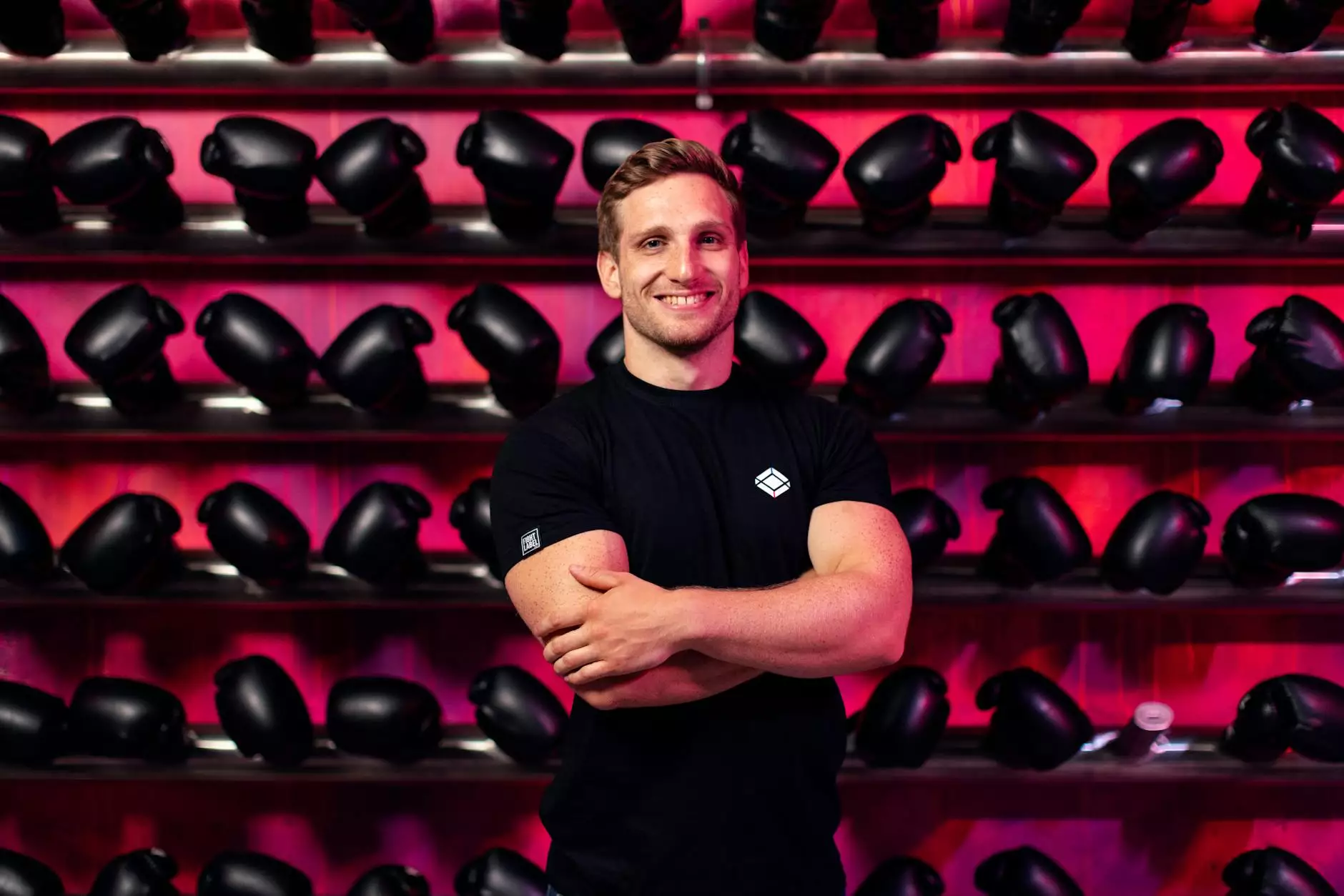Formateur CCA: Mastering Cabin Crew Training for Future Aviation Professionals

The aviation industry continues to thrive, and at the heart of this success are well-trained cabin crew members. The role of a formateur CCA is indispensable in ensuring that flight attendants are equipped with the necessary skills and knowledge to provide exceptional service. In this article, we will delve into the significance of cabin crew training, the responsibilities of a trainer, and how the Cabin Crew Academy plays a pivotal role in advancing aviation services.
The Importance of Cabin Crew Training
In the world of aviation, first impressions matter immensely. Cabin crew members are often the face of the airline, tasked with not only ensuring passenger safety but also enhancing the overall flying experience. This is where the expertise of a formateur CCA becomes vital.
- Safety Protocols: Ensuring that cabin crew is well-versed in safety protocols is paramount. Training focuses on emergency procedures, how to handle in-flight disruptions, and understanding aviation regulations.
- Customer Service Excellence: A skilled trainer instills the importance of delivering outstanding customer service. This includes effective communication, problem-solving skills, and creating a welcoming atmosphere for passengers.
- Cultural Competence: Airlines operate on a global scale, and understanding diverse cultures is crucial. Training programs highlight the importance of cultural sensitivity and adapting service to meet varied passenger needs.
Responsibilities of a Formateur CCA
The role of a formateur CCA extends beyond simple instruction; it encompasses a variety of responsibilities aimed at developing a well-rounded cabin crew. Below are some key functions performed by a trainer:
1. Curriculum Development
One of the primary responsibilities of a formateur CCA is developing a comprehensive training curriculum. This curriculum must address all areas of cabin crew operations, including:
- Safety and emergency procedures
- Customer service techniques
- Crisis management
- Health and hygiene protocols
- Regulatory compliance
2. Hands-On Training
A practical approach is essential in aviation training. Trainers conduct hands-on exercises and simulations that allow trainees to experience realistic scenarios. This prepares them for:
- Emergency evacuations
- In-flight service procedures
- Conflict resolution
3. Assessment and Feedback
A key aspect of training involves assessing participants’ performance. The formateur CCA conducts evaluations using various methods, including:
- Practical exams
- Written tests
- Observational assessments
Providing constructive feedback helps trainees improve their skills and build confidence.
4. Continuous Professional Development
In a dynamic industry like aviation, continuous learning is essential. A formateur CCA encourages ongoing education by providing access to the latest resources, updates, and innovations in the field.
The Role of the Cabin Crew Academy
The Cabin Crew Academy serves as a leading institution in aviation training. By hiring skilled trainers, including dedicated formateurs CCA, the academy plays a major role in enhancing the competencies of cabin crew members. Here’s how:
1. State-of-the-Art Facilities
The Cabin Crew Academy is equipped with modern training facilities designed to deliver an immersive learning experience. Features include:
- Simulation rooms that mimic an aircraft setting
- Emergency response training equipment
- Classrooms equipped with the latest technology for digital learning
2. Innovative Training Techniques
The academy employs a blend of traditional and innovative training techniques. This includes:
- Collaborative learning environments
- Interactive e-learning modules
- Mentorship programs that connect new trainees with experienced professionals
3. Collaboration with Airlines
Formateurs at the academy often work closely with airline representatives to tailor training programs to the specific needs of each airline. This collaboration ensures that:
- Training programs align with airline standards
- Crew members are well-prepared for the unique challenges of their specific operations
- Best practices in customer service and safety are continually updated
Challenges Faced by Cabin Crew Trainers
Despite the rewarding nature of their work, formateurs CCA encounter various challenges in delivering effective training:
- Adapting to Change: The aviation industry is subject to rapid changes, including new regulations and technological advancements. Trainers must continuously update their curricula.
- Maintaining Engagement: Keeping trainees engaged in a diverse group can be challenging. Trainers must employ varying instructional strategies to cater to different learning styles.
- Emotional Resilience: Cabin crew roles can be emotionally demanding. Trainers need to support their trainees in developing resilience and coping strategies for high-stress situations.
The Future of Training in Aviation
As the aviation industry evolves, so too does the training method for cabin crew members. The formateur CCA must stay ahead of trends, focusing on:
1. Technology Integration
Incorporating advanced technology into training programs enhances the learning experience. Virtual reality (VR) and augmented reality (AR) are emerging tools that can simulate real-life scenarios for cabin crew training.
2. Emphasis on Soft Skills
As customer experience becomes a competitive differentiator, soft skills training—including communication, empathy, and teamwork—will be even more critical. A formateur CCA will need to emphasize these aspects effectively.
3. Environmental Awareness
With growing concerns about sustainability, airlines are focusing on eco-friendly practices. Training must include information on environmental responsibility and sustainable practices within aviation.
Conclusion: The Impact of a Formateur CCA on the Aviation Industry
In summary, the role of a formateur CCA is crucial in shaping the future of aviation. They not only equip cabin crew members with essential skills but also promote a culture of safety, service excellence, and continuous improvement. By investing in comprehensive training programs, airlines and training academies alike can ensure that they meet the demands of an ever-evolving industry and provide travelers with exceptional service.
As we look forward to the future of aviation, the importance of effective training and skilled trainers will only increase. Enrolling in programs offered by esteemed institutions like the Cabin Crew Academy is a step toward a promising career in the skies.









